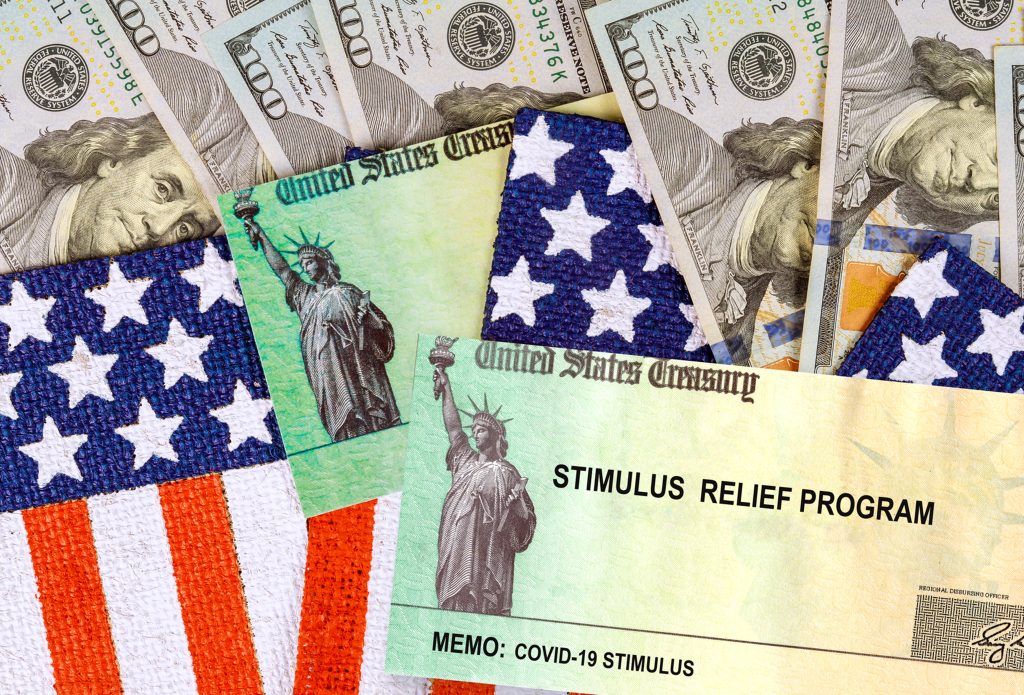Millions of Americans will receive large state government checks next year. Colorado citizens will receive $800 to $1,600 from a $3.7 billion tax windfall. The month before, state Democrats started a flat tax refund in a special session.

Photo from Google
Colorado Residents Anticipate $3.7 Billion TABOR Refund: What You Need to Know for 2024
This reimbursement is linked to Colorado’s 1992 Taxpayer’s Bill of Rights (TABOR) to limit state government. The law requires the state to repay part of excess taxes to taxpayers. Colorado received a rebate after spending $3.7 billion over the cap in 2023.
TABOR reimbursements will be reduced tax charges in 2024 or added to spring tax refunds, unlike previous years when they were mailed. Eligible couples filing jointly may earn $1,600, while individuals may receive $800.
For people who were 18 at the start of the 2023 tax year, had no state income tax liability, and did not request a wage withholding refund, they must file an individual income tax return by April 14, 2024. Wage withholding and tax refund claims must be filed by October 15, 2024.
Colorado’s Progressive Move: $800 Flat Refund Favors Low-Income Residents, Mirrored by Other States
Notably, the state has abandoned its income-based tiered reimbursement system. It has chosen a $800 per taxpayer flat refund for low-income persons, including people of color, women, and disabled people. Unbiased research shows that lower-income groups will receive bigger rewards than under the proportionate approach.
This reform was backed by Democrats, who control Colorado’s legislature, and signed by Democratic Governor Jared Polis. Arizona and Alabama are also returning surplus monies to taxpayers. Arizona is offering $100 refunds, while Alabama will give $150 to over a million people.
A tax revenue surplus will give Colorado taxpayers a large tax return. The state switched from an income-based tiered system to a flat refund scheme to help low-income residents more. Other states are returning surplus revenue to taxpayers in similar ways.
























